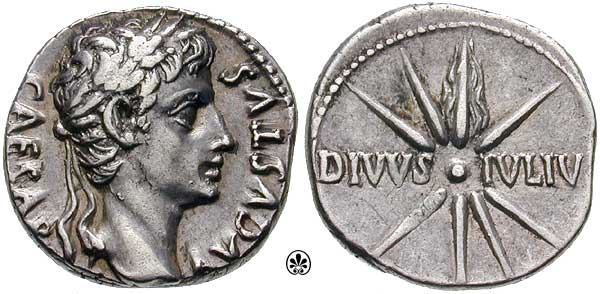John 8:31-36
Some things change the course of history. The events on September 11, 2001. The rise of fascism and World War II. The invention of the automobile and airplane. The steam engine and locomotive. The industrial revolution. The colonization of what was for Europeans a new world. Today we celebrate one of those events that continues to change the course of history: the Reformation. On October 31, 1517 a German Augustinian Monk by the name Martin Luther nailed the 95 Theses to the church door in Wittenberg. A few weeks ago, I handed out a copy of all 95 theses in adult Bible class. We highlighted a number of them to try to get to the heart of the problem Luther was addressing and why historians point to that day as changing history. I think it is very simple. Pastor John Nunes, president of Concordia University in New York and I talked at length about it when he was here a month ago. Luther began a conversation—a very public and inclusive conversation. This conversation was not just for the elite in Latin but also for the not-so-educated in their German dialects. This conversation quickly crossed ethnic and linguistic barriers and spread across Europe. Today, it is still spreading throughout the world. Luther began the conversation with ideas and questions—95 of them. And they were all centered on one thing: the assurance of God’s grace. How do you know your sins are forgiven? How do you know you have eternal life? Luther was reacting to the abuse of the church in their selling of indulgences—pieces of paper that people purchased to reduce the time of punishment in the afterlife. But Luther took it further. He said it was our job to forgive sins for free.
Our Old Testament reading is a conversation between God and his people. He is giving the assurance of grace. He promises to write his Word on their hearts. People will know and love the Lord from the highest to lowest in society. He promises his forgiveness. Our Epistle is a conversation between the Apostle Paul and the church in Rome. He is giving the assurance of grace. Yes, all have sinned and fall short of the glory of God. But we are declared righteous by grace—it is a gift—through the blood of Jesus Christ on the Cross—through faith. Our Gospel is a conversation between Jesus and the crowds who began to follow him. Jesus is giving the assurance of grace. It is not based on one’s ethnic heritage or social status. It is based on God’s gift in freeing us from our captivity to sin. Jesus makes us free. We receive that assurance as a gift through faith.
This sermon is a conversation—a continued conversation about the assurance of grace. How do you know your sins are forgiven? How do you know you have eternal life? Do you and I truly know the Lord? Is his Word written in our hearts? If so, then have we truly felt the conviction of our sin? That we easily ignore and resist God’s call on our lives to be a holy people? That we by our thoughts, words, and deeds—by what we have done and left undone daily sin. “All have sinned and fall short of the glory of God.” Our pride keeps us from realizing how pervasive sin is—how universal it is and how profoundly it harms our lives and souls. Jesus said it is slavery. It is universal slavery of humanity. What’s the point of talking about forgiveness if we don’t feel the weight and burden of sin on our lives and the world? What difference does eternal life make if we do not fear offending God and separation from God? Thankfully, the conversation continues. Do you and I believe that Jesus died and rose again for us? Has his forgiveness melted away our guilt and shame? Does his promise of eternal life give you joy today and hope for tomorrow?
The Reformation is about this truth of God’s Word. It is about putting the Word of God back into the hands of the people—that it would be written in our hearts and minds. As we take God’s Word to heart, we are assured by his Word and Spirit that we are his treasured possession. And so this conversation becomes a mission. We as God’s people lead and initiate this conversation between ourselves and the world around us. And we do so in faith and confidence that God’s Word and Spirit will powerfully impact lives. As Luther explains in his Large Catechism, the church “is the mother that begets and bears every Christian through the Word of God. The Holy Spirit reveals and preaches that Word, and by it He illumines and kindles hearts so that they grasp and accept it, cling to it, and persevere in it.”
Salvation is a gift! It’s free! It’s by his grace! We receive it through faith. We simply trust in God. Our confidence is in Jesus Christ who lived a perfect and holy life, died to pay the penalty of sin, and rose from the dead to give us eternal life. In a few moments we will continue this conversation by music and song. We are singing to the Lord a new song written by our own David Rogner. We are continuing an ancient conversation. I’m so grateful for the vision Sara Dornacker had years ago. We had many conversations about her passion for the Gospel, God’s people, and everyone in the world—especially veterans and victims of human trafficking. She wanted everyone to join the conversation and celebration of God’s love for us in Christ Jesus. And so God reforms and transforms us heart, mind, and spirit.





